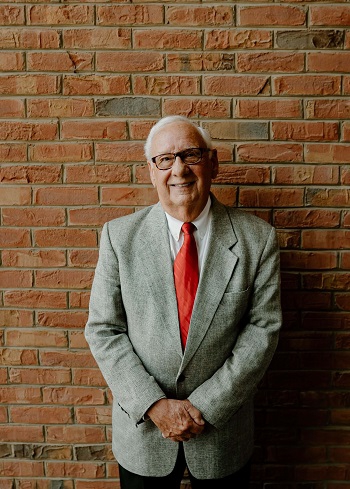Cellphone Location Tracking
With the widespread use of cell phones, it has become easier for law enforcement to track people's locations. However, this practice raises questions about the legality of such actions and the violation of individual rights under the Constitution. The 2014 Florida Supreme Court case, Tracey v. Florida, brought these concerns to the forefront and expanded our privacy rights.
In the case, a drug dealer was caught transporting cocaine in his car, and officers used the cell site location information from his cellphone to track his movements and location. The Court ruled that even with a warrant, law enforcement could only recover information about the phone numbers the defendant called or received, but not real-time tracking of his location.
The Court held that the defendant had a reasonable expectation of privacy and had not given his service provider permission to allow others to track his location. Therefore, the failure of officers to obtain a search warrant for the specific purpose of using location information constituted a violation of the Fourth Amendment.
This decision has important implications for individuals' privacy and law enforcement's ability to track their movements. It establishes that tracking an individual's location in real time requires a specific search warrant and that people have a reasonable expectation of privacy regarding their location data.
The ruling also highlights the need for clear guidelines and laws governing the use of location data by law enforcement. As technology advances, we must ensure that individual rights are protected and that law enforcement agencies operate within the bounds of the Constitution.
In conclusion, the Florida Supreme Court's decision to protect the privacy rights of individuals in tracking their location in real-time through cellphone data is a significant milestone. It reinforces the idea that individuals have a right to privacy in their location data and sets an important precedent for future cases. As we continue to rely on technology, balancing privacy rights and law enforcement's needs is essential to keep the public safe.

